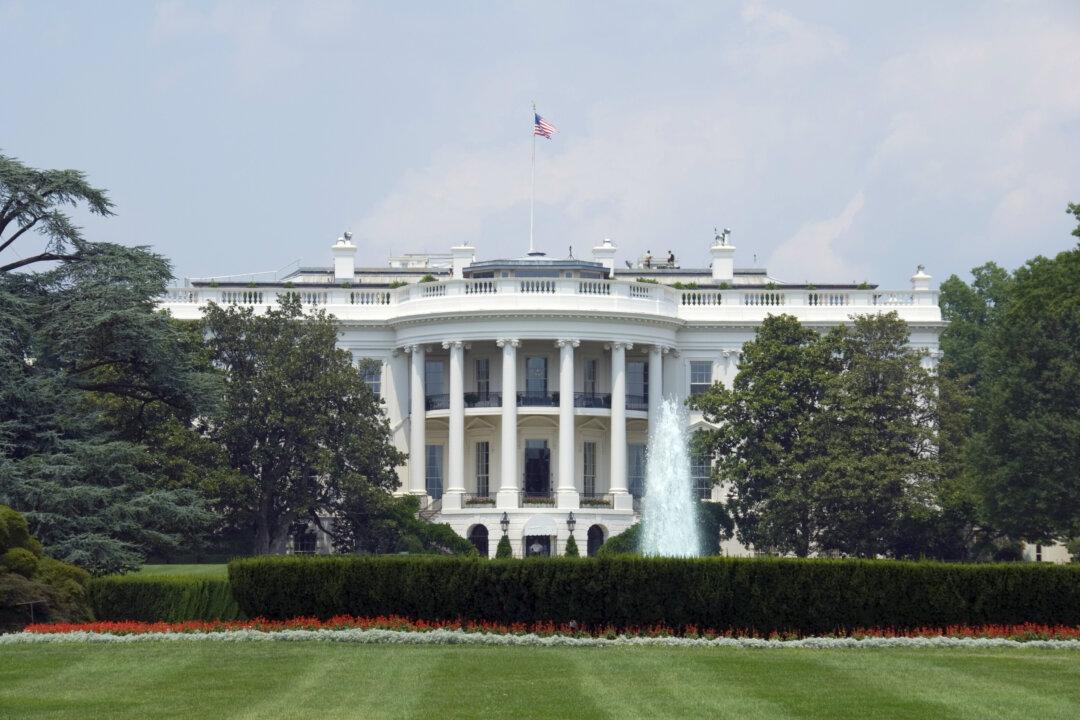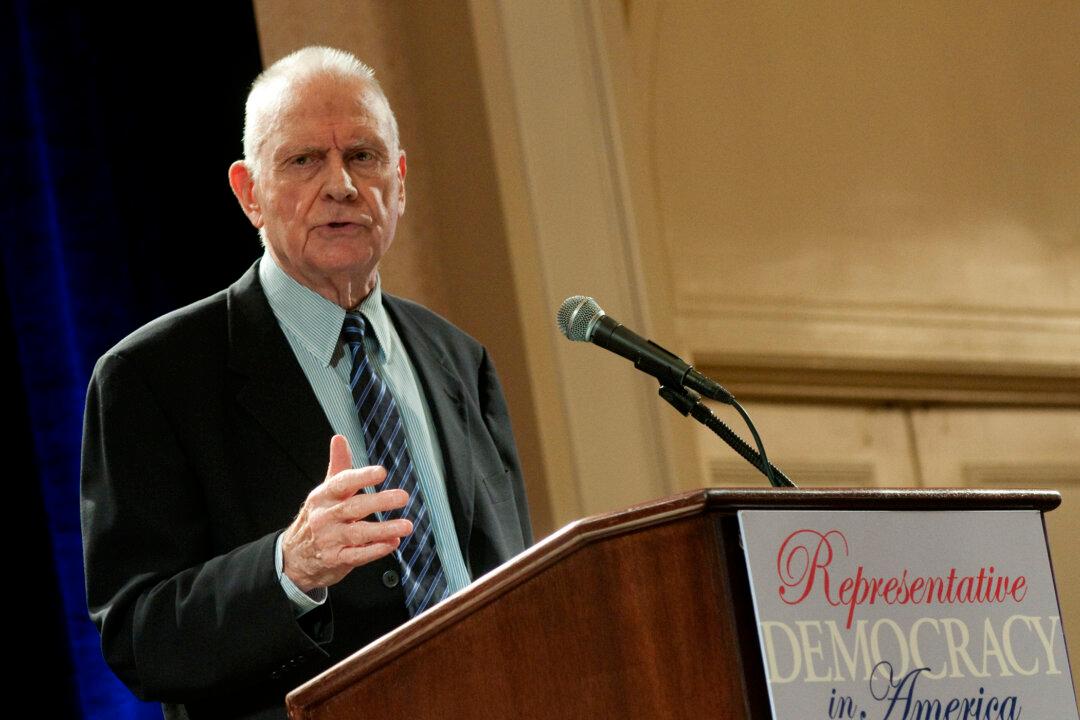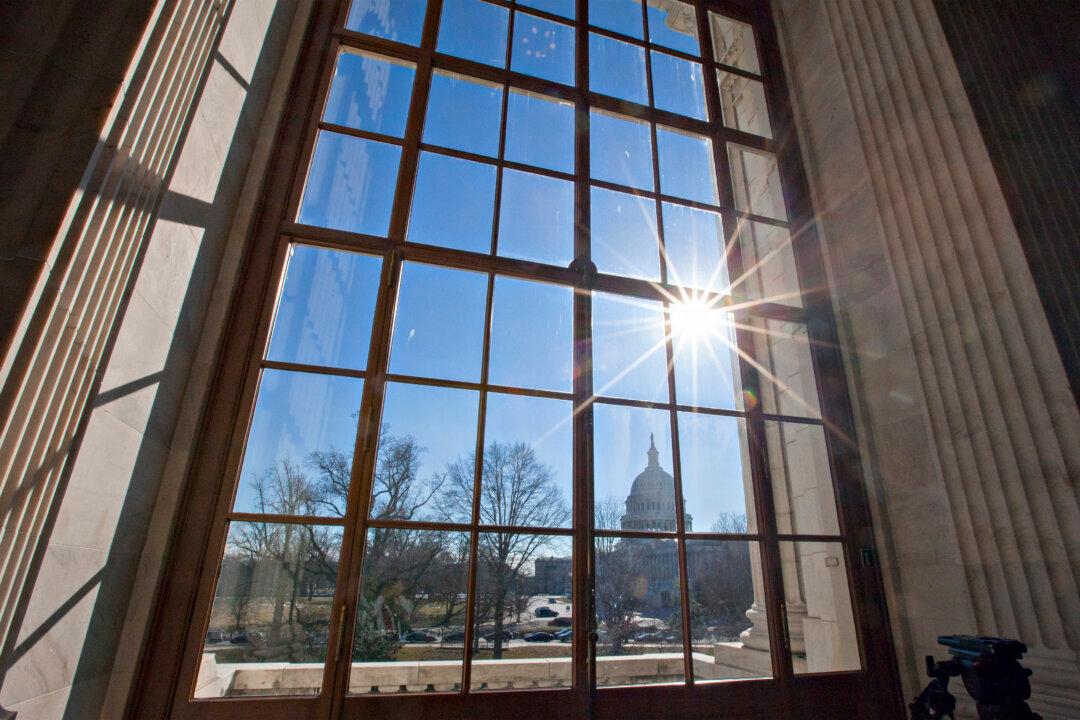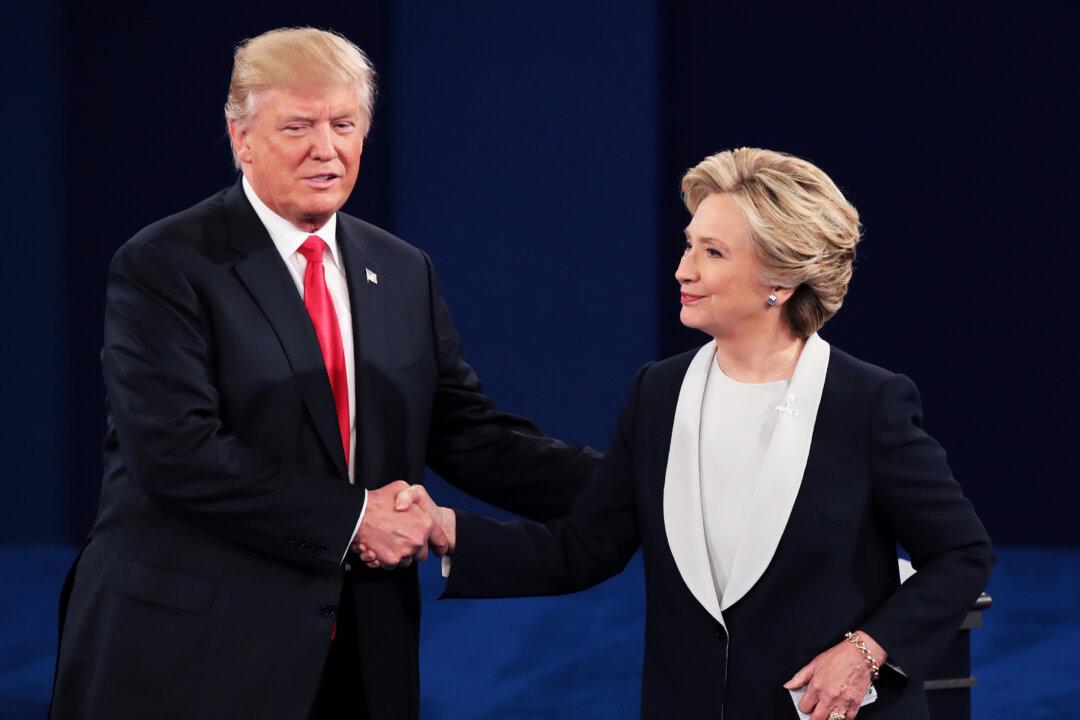The presidential election is 16 months away, but already we’re smack in the middle of the usual media scrum of campaign coverage, prognostication, and strategizing by many of us who have nothing much to do with the real campaigns. I’ve been following the rhetoric of both parties, and there are a few points that stand out enough to tell us something about what we have to look forward to.
To begin, the country is not in a sunny mood. The website Real Clear Politics keeps a running average of various polls, and its average of questions asking what Americans think of the country’s direction shows some 62 percent believe we’re headed in the wrong direction. That’s not an all-time high—the figure was up in the 80s in the weeks before the 2008 election, and stood at 76.5 percent in October 2011—but it suggests that the electorate is in a wary mood. There is a sense that America is adrift, that we don’t quite know how to deal with the forces of globalization, technological change, economic uncertainty, or terrorism. Americans are looking for a leader who can restore confidence.
The economy in particular weighs on ordinary Americans’ minds. There’s widespread agreement that the growing economy has done very little to help people of ordinary income—not just in recent years, but really for the past generation. Americans may feel better about the economy now than they did a few years ago, but that hasn’t lessened their long-term anxiety that it’s harder than ever to get ahead, and certainly harder than it was in their parents’ generation.
Still, the improving economy may be responsible for one interesting aspect of the campaign: Republicans thus far have made national security a centerpiece issue—perhaps responding to polling that shows that Republican voters consider it a key factor in deciding among the plethora of GOP candidates. This emphasis could change with world events, but right now candidates are pressing the argument that President Obama is not tough enough when it comes to foreign policy; they don’t think highly of his leadership in the world, and in particular want to see more of a military buildup. It’s a little less clear what they want to do with that military power.
Of course, national security and terrorism aren’t the only issues that figure prominently in the Republicans’ array of issues. So do the budget deficit, cutting taxes, and, as always, pulling back on the reach of government. They want to eliminate Obamacare as well as to cut Medicaid, move Medicare to a voucher system, repeal the estate tax, cut domestic programs, roll back financial reform and efforts to limit greenhouse gas emissions, and eliminate further consumer protections.
For the Democrats, meanwhile, addressing income inequality, maintaining social security and other entitlements, improving the country’s decaying infrastructure, job creation, college costs, immigration and energy reform, and climate change all loom large. They want to preserve Obamacare, move forward on climate change, retain taxes on high-income earners, and preserve the financial reforms of the last decade.
The stark differences in priorities between Republicans and Democrats will probably be exacerbated by the primaries. Despite agreement on the general sense of unease among the population at large, just reciting the parties’ rhetorical positions suggests there will be a huge gulf between the parties, with no agreement on how to bridge it. The campaign will be characterized by heavy emphasis on the impact of money on the process, and by record-breaking spending by the candidates.
So with no incumbent president, a large number of candidates, no clear favorite, and major differences in outlook on which issues to address and how to address them, this will be in the grand American political tradition a lively, contentious, long, expensive, maybe even pivotal election. Who gets to answer the biggest questions we face—the appropriate U.S. role in the world, what the reach and purpose of government should be, which path will best secure Americans’ prosperity and world peace—is up for grabs. We’ve got an interesting election ahead as a nation. I’m looking forward to it. I hope you are, too.





